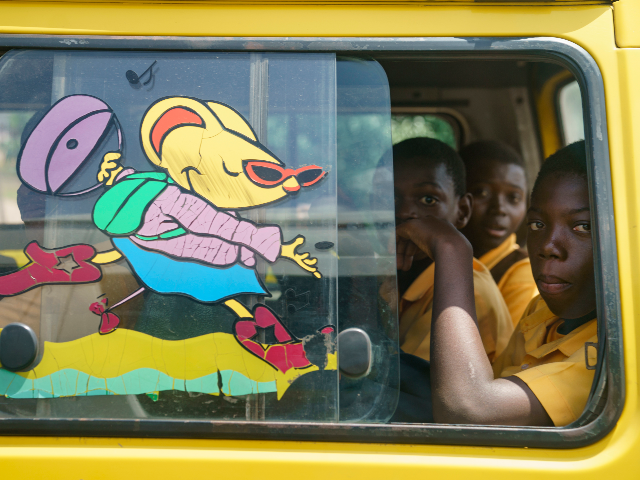Experts warn that coronavirus-related school closures in West Africa during the local cocoa harvest season could cause a spike in child labor in Ivory Coast and Ghana, Reuters reported on Thursday.
The two West African nations produce a combined 65 percent of the world’s cocoa supply, according to the Bureau of International Labor Affairs (ILAB). Child labor has long been an issue in West African cocoa production, despite pledges from major chocolate companies that use the local cocoa, such as Nestle and Hershey, to reduce the exploitation, Reuters noted.
Currently, over two million children work in the cocoa sector in Ghana and Ivory Coast, a spike from a decade again, reported Reuters, citing a draft of a U.S. government-sponsored report seen by the news agency this month. Both Ghana and Ivory Coast prohibit child labor by law, but the laws are loosely enforced. In Ghana, the minimum age for work is 15 years old, while in Ivory Coast the minimum age is 14 years old. West Africa is currently in its mid-season cocoa harvesting period, according to Reuters.
Fairtrade Africa, a non-profit organization representing all Fairtrade certified producers in Africa, said it had received reports of possible cases of child labor in Ivory Coast’s eastern and western regions in recent weeks and has flagged them to the government.
“In normal circumstances, children are already vulnerable, and now they are not going to school [due to coronavirus shutdowns],” Anne-Marie Yao, regional cocoa manager for Fairtrade Africa, told Reuters.
The coronavirus pandemic has prevented Fairtrade Africa from having staff on the ground in West Africa upon whom they normally rely for information about child labor violations, Yao said. In addition, local shelters where rescued children are normally taken have closed due to coronavirus lockdowns.
“If the current situation continues an increase in child labor is very likely,” Nick Weatherill, executive director of the International Cocoa Initiative, a Swiss-based foundation working to eradicate child labor, told Reuters. Economic losses due to the coronavirus pandemic will also be a risk factor forcing children to work, Weatherill added.
According to Yao, school teachers are often the first to notice and report child abuse in West Africa. Yao suggested that Ghana and Ivory state governments could instruct public school teachers to somehow stay in touch with their students to maintain this line of communication despite school closures.
Last week, Ivory Coast’s national anti-trafficking committee released a statement reminding parents that child labor is punishable by law, Reuters reported. “The harvest season and the closing of schools must not be an excuse for violating children’s rights,” said Ivory Coast’s First Lady Dominique Ouattara, who heads the anti-trafficking committee.
On March 24, Ivory Coast declared a state of emergency as part of its response to the coronavirus pandemic. The act called for “gradual confinement measures” restricting people’s movement in an effort to curb virus transmission. Ghana recently eased a three-week lockdown in certain parts of the country to slow the spread of coronavirus.
On Thursday, the Associated Press (AP) reported a spike in Ghana’s coronavirus cases just ten days after the lockdown was lifted. The number of infections surged to over 2,000 on Thursday, a 24 percent increase over a matter of days, according to AP.
At press time on Friday, Ghana had reported 2,074 infections and 17 deaths from the Chinese coronavirus, while Ivory Coast recorded 1,275 coronavirus infections and 14 deaths.

COMMENTS
Please let us know if you're having issues with commenting.